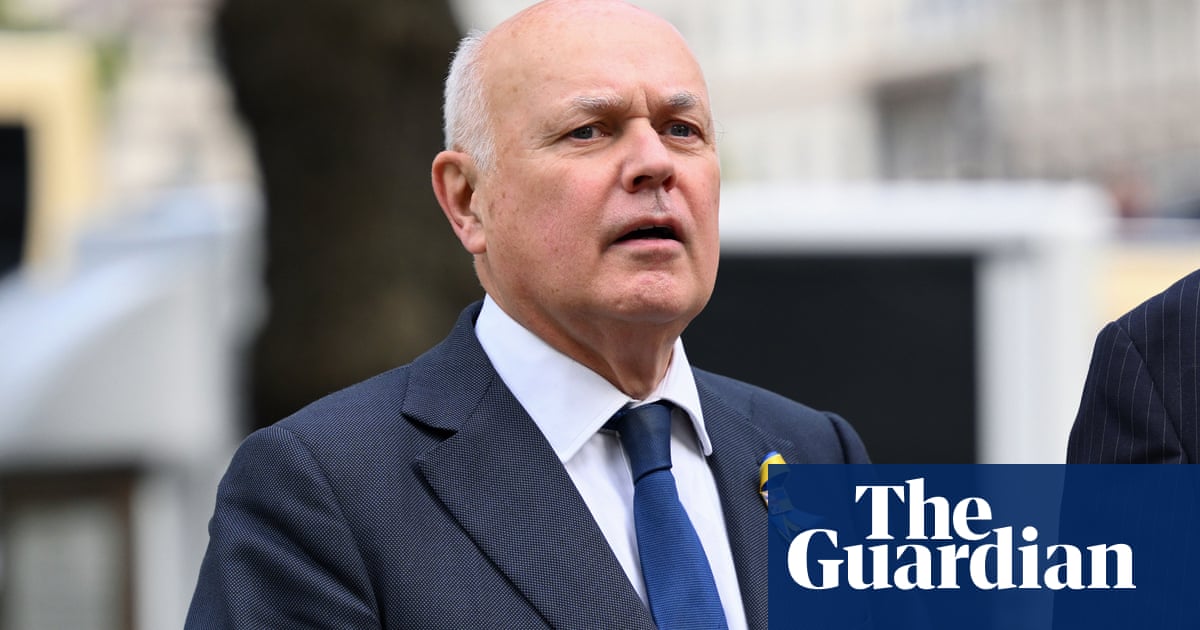
An MP criticised windfall taxes on oil and gas companies, including BP, without declaring his wife’s shares in the company, worth more than £50,000.
David Duguid, a former junior minister in the Scotland Office, has spoken out in parliament against windfall taxes on energy companies such as BP four times since the beginning of 2022. He has also voted against proposals to examine the impact of increasing such taxes. These levies could affect the size of the dividends paid to shareholders, as they would reduce the profits made by the companies, raising questions over a potential conflict of interest.
An analysis of BP’s shareholder register by the Guardian suggests Duguid moved his shares into his wife’s name five years before his election as an MP. Today, she has more than 11,000 shares and will have received more than £2,000 last year in dividends.
The rules require MPs to declare the financial interests of a spouse or other family member, where there could be considered a conflict. Duguid has never publicly disclosed his wife’s financial interest in the House of Commons register.
The revelation is part of a wider Guardian investigation into MPs and their shareholdings and raises questions about whether parliamentary transparency rules and systems are fit for purpose. Under the current system MPs are required to declare any holdings in a single company over £70,000, meaning that a large number of MPs have financial stakes in companies of which the electorate are unaware. MPs do, however, need to declare any shares of any value that might reasonably be thought to influence their actions, speeches or votes in parliament.
Since the beginning of 2022, Duguid, Conservative MP for Banff and Buchan, has declared interests in BP in two debates, but only by reference to his prior employment for 25 years in the oil and gas industry, including 10 years with BP.
The Guardian’s investigation also raises questions about the processes for ministerial declarations, which similarly require the declaration of interests of close family members.
Despite Duguid’s involvement with energy policy in the Scotland Office, his wife’s shares were not published in the list of ministers’ interests published by the Cabinet Office. He was a junior minister in the department from June 2020 until September 2021 under Boris Johnson, and again in Liz Truss’s brief administration in October 2022.
As a minister, Duguid met nine times with lobbyists from the trade association Oil and Gas UK, now known as Offshore Energies UK (OEUK). OEUK’s members include BP and its recent activity has included arguing against an increase in windfall taxes on energy producers such as BP and Shell. Duguid attended the opening of OEUK’s new offices in Aberdeen in August 2021.
The ministerial code requires newly appointed ministers to provide their department’s permanent secretary with a list of all the interests held by themselves, their spouses and close family members that could give rise to a conflict. This includes shareholdings under the parliamentary threshold of £70,000. It is then the decision of the independent adviser on ministers’ interests which “relevant” interests are published.
Ministers, the document says, “must scrupulously avoid any danger of an actual or perceived conflict of interest between their ministerial position and their private financial interests”.
As well as meeting with oil and gas lobbyists, Duguid worked on the North Sea transition deal, announced in March 2021. This was an agreement between the UK government and the oil and gas industry to work together on meeting net zero commitments by 2050, with the government pledging to support bringing billions of pounds of investment into the industry.
BP’s shareholder register shows Duguid stopped being a shareholder in BP in November 2012, on the same day his wife joined the company’s register of members. He was first elected in 2017.
A spokesperson for Duguid said: “Mr Duguid followed the prevailing rules for reporting relevant financial interests.”
Duguid is also vice-chair of the British offshore oil and gas industry all-party parliamentary group, which is supported by OEUK. He recently suggested in parliament that plans proposed by Labour to ban new oil and gas drilling were “based on ideology”.












